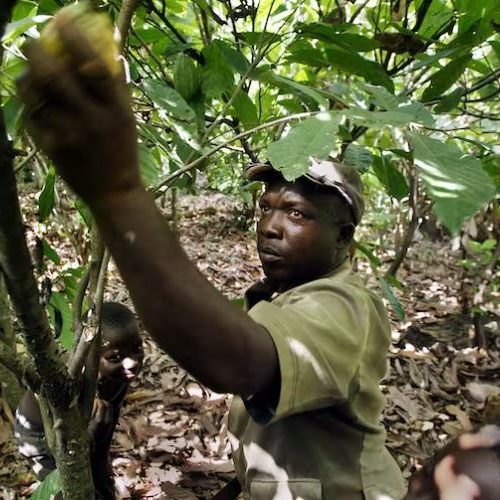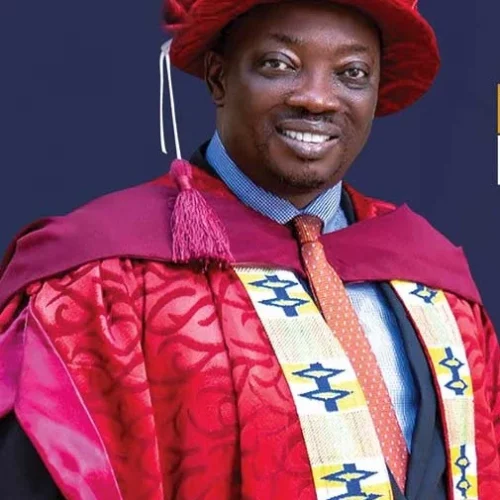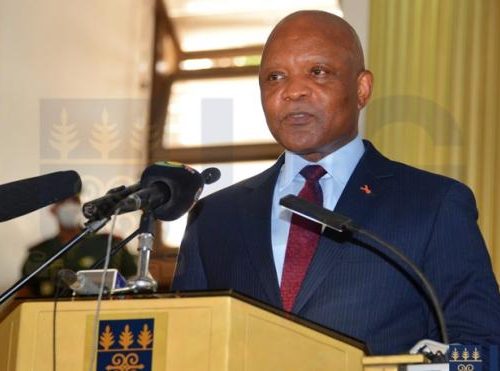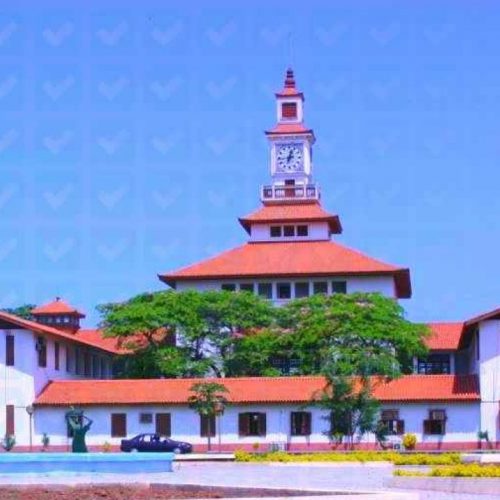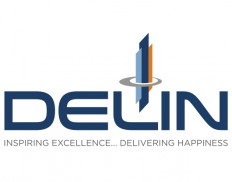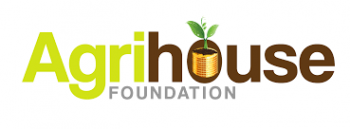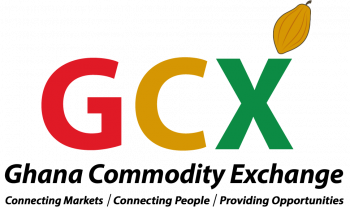The Real Cost of Your Chocolate Habit: New Research Reveals the Bittersweet Truth of Cocoa Farming in Africa’s Forests
Chocolate sales have boomed in recent months. As the cost-of-living crisis bites, consumers are increasingly reaching for chocolate as a simple and affordable pleasure.
The most important ingredient in chocolate is cocoa beans, which come from plants grown in the tropics. About 70% of the world’s cocoa comes from West Africa. The countries of Côte d’Ivoire (Ivory Coast) and Ghana are two of the biggest producers.
Ghana's Newest University Putting West Africa At Forefront of Digital Revolution
Our focus is to be a student-centered university with academic freedom, innovation, and integrity. We want to evolve as an ICT institution, taking into consideration our new mandate.
We are trying to restructure our university by following these steps. Recreate the institution as a collegiate university which will replace the faculty system. We will have the College of Computing Systems and Technology, College of Communication Engineering, and the College of Business.
Sustained Efforts Will Make Africa Better Prepared to Fight the Next Pandemic - Dr. John Nkengasong at the 2022 AFGML
The University of Ghana has held the 40th Aggrey-Fraser-Guggisberg Memorial Lecture (AFGML) series on March 18, 2022 at the Great Hall. Dr. John Nkengasong, Director of Africa Centres for Disease Control and Prevention delivered the lecture on the theme “Fighting the COVID-19 Pandemic: Africa at a Crossroad?”
ISSER To Launch New Flagship Research Initiative On Policies & Incentives to Deepen Digital Finance Retail Distribution Networks In LMICs
The Institute of Statistical Social and Economic Research (ISSER) at the University of Ghana, with the support of the Bill & Melinda Gates Foundation, is set to launch a new research initiative on policies and incentives to deepen digital finance retail distribution networks in low-and-middle-income countries (LMICs).
